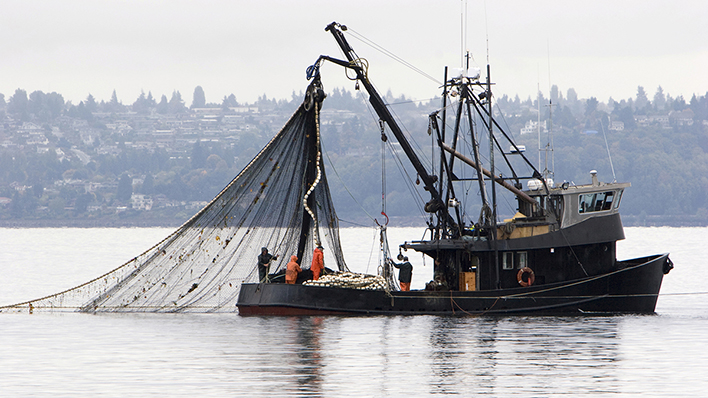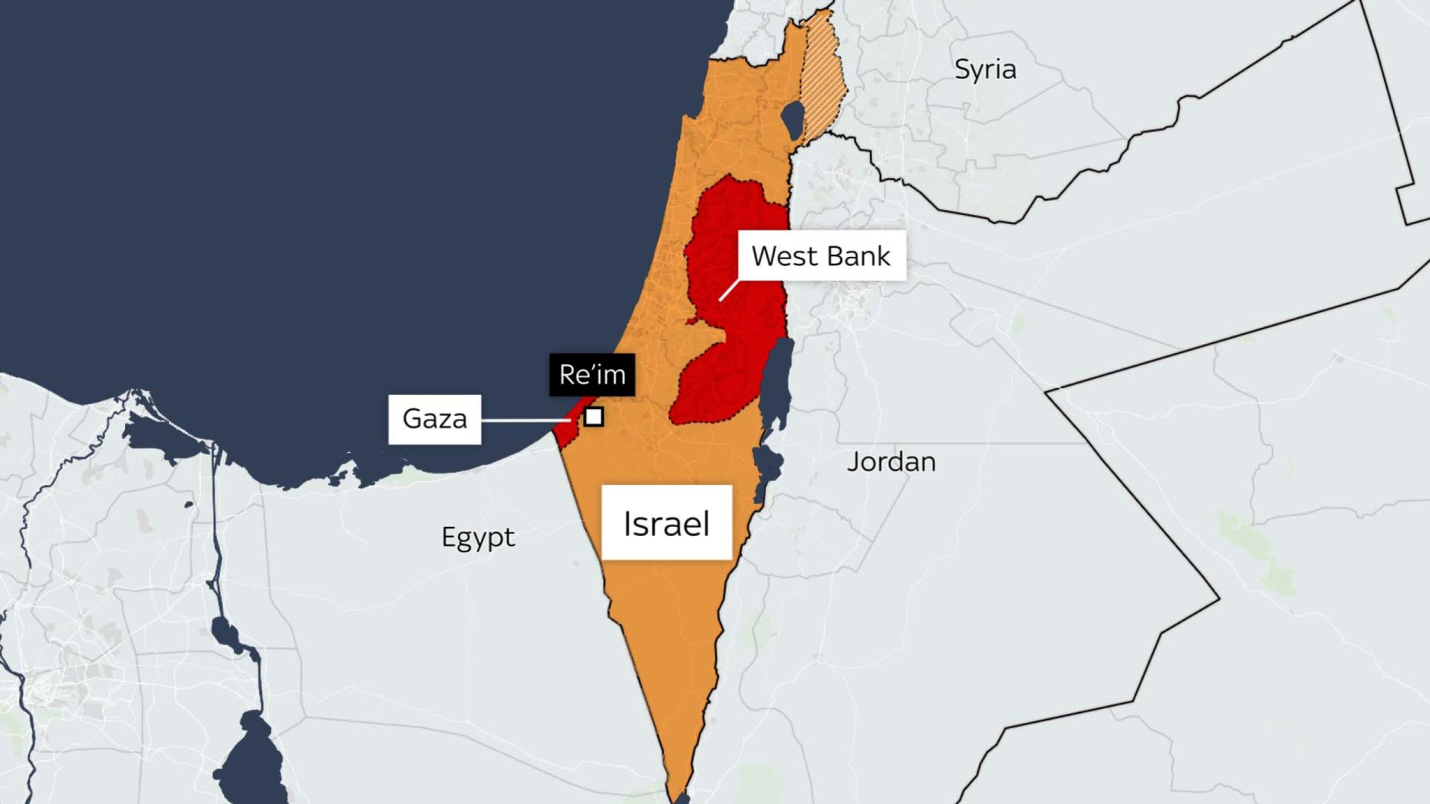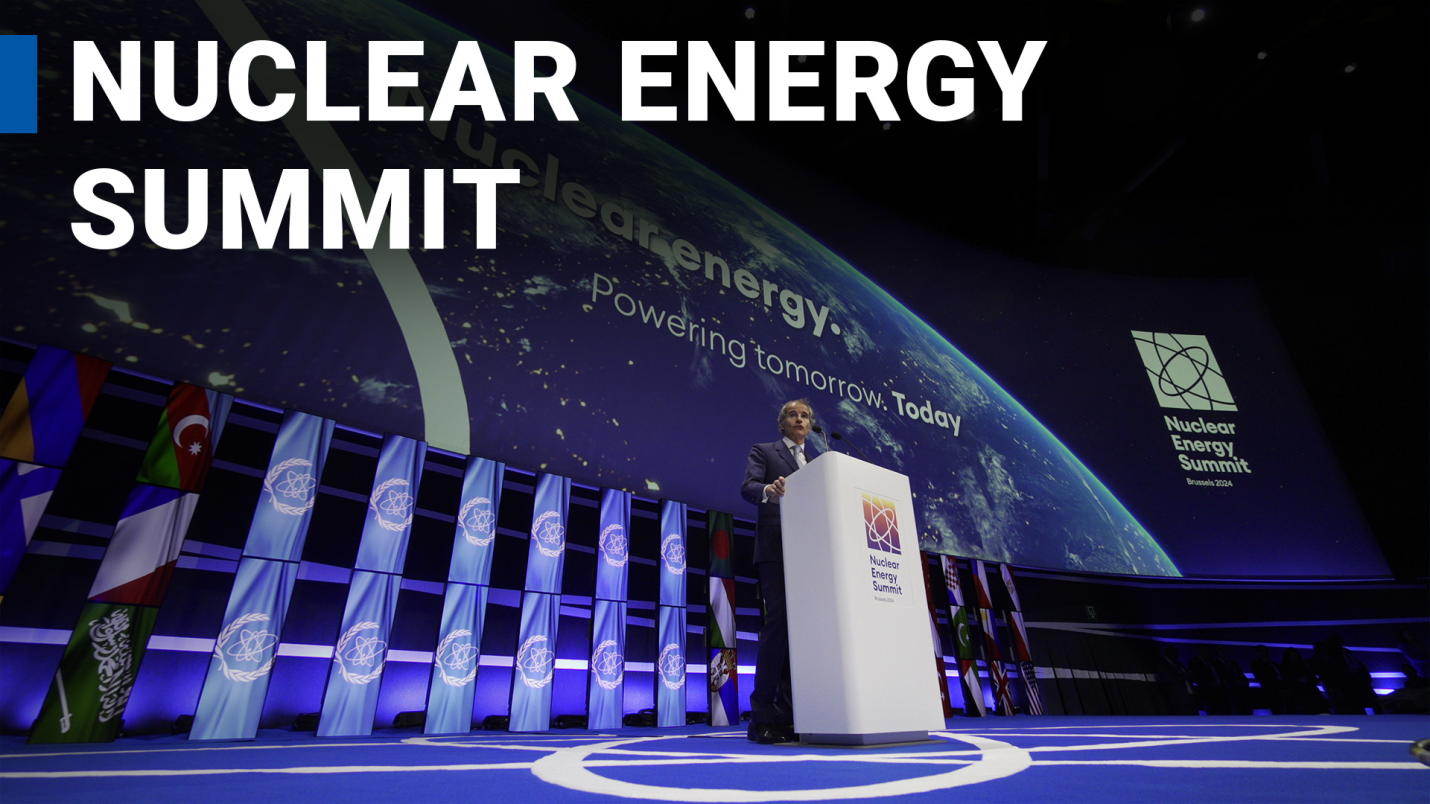





Copyright infringement not intended
Picture Courtesy: https://www.wto.org/english/news_e/news23_e/fish_08dec23_e.htm
Context: The WTO Agreement on Fisheries Subsidies, adopted in June 2022, is a significant step towards promoting sustainable fishing practices and protecting fish stocks globally
Details
Content of the Agreement
Categories of Fisheries Subsidies
Challenges in Fisheries Sector
Addressing Overfishing and Overcapacity
IUU Fishing and Overfished Stocks
|
WTO Agreement on Fisheries Subsidies |
||
|
Key Provision |
Explanation |
Challenges and Potential Improvements |
|
Prohibition of Subsidies for IUU Fishing |
Subsidies contributing to illegal, unreported, or unregulated fishing activities by any vessel are prohibited. |
Enforcement: Relies heavily on individual countries to detect and report IUU fishing violations. More comprehensive monitoring systems and international cooperation are needed. |
|
Prohibition of Subsidies for Fishing Overfished Stocks |
Members cannot provide subsidies for fishing vessels targeting stocks that are already overfished. |
Defining "overfished": The Agreement lacks a clear, universal definition of "overfished," which weakens effective implementation. A globally recognized definition (such as the Maximum Sustainable Yield concept) would be helpful. |
|
Prohibition of Subsidies for Fishing on the Unregulated High Seas |
Subsidies for fishing vessels operating on high seas that aren't regulated by Regional Fisheries Management Organizations (RFMOs) are prohibited. |
Enforcement in unregulated areas: Challenging to accurately assess and enforce this rule in unregulated high seas areas. International monitoring systems and better regulations might be needed. |
|
Special and Differential Treatment (SDT) |
Recognizes the unique needs of developing countries and provides flexibility in implementing the Agreement. |
Defining "developing country": No clear definition exists, potentially leading to disputes. Explicit criteria would help ensure fair implementation. |
|
Transparency and Notifications |
Requires members to submit information about their fisheries subsidies to the WTO. |
Quality and consistency of data: Making sure submitted data is complete and accurate can be a challenge. Standardized reporting mechanisms might be beneficial. |
|
Technical Assistance and Capacity Building |
Aims to provide support to developing countries to implement the Agreement effectively. |
Funding and Coordination: Ensuring adequate funding and coordination for capacity-building programs is essential for their success. |
Conclusion
Must Read Articles:
WTO’S LANDMARK DEAL: https://www.iasgyan.in/rstv/perspective-wtos-landmark-deal
|
PRACTICE QUESTION Q. The WTO Agreement on Fisheries Subsidies prohibits certain harmful subsidies. How can a fair and effective approach be developed to address these subsidies, balancing the need to reduce overcapacity with recognizing the legitimate development needs of member states, particularly developing countries? |











© 2025 iasgyan. All right reserved